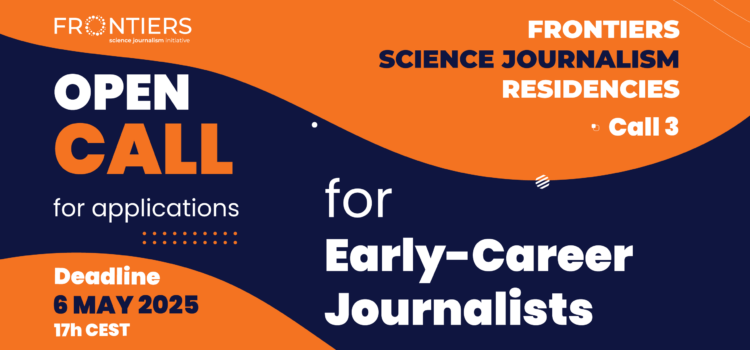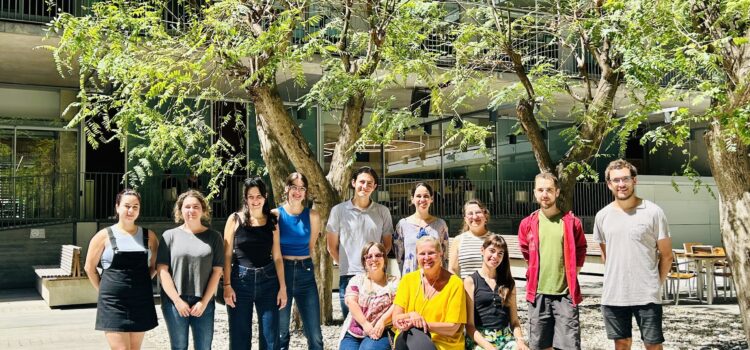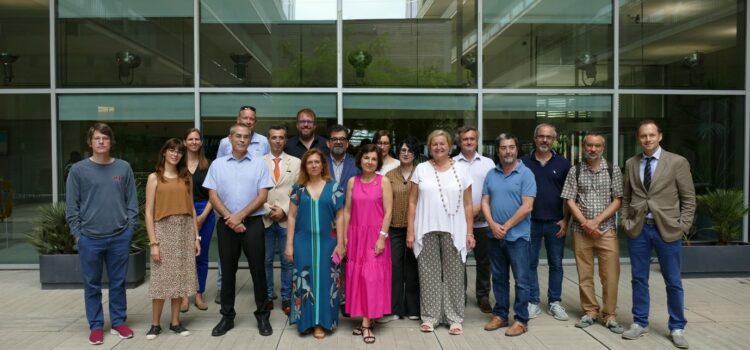FRONTIERS announces a new call for applications for its Science Journalism in Residency Programme, funded by the European Research Council (ERC). This third call is exclusively aimed at early-career journalists and will remain open until May 6, 2025, at 17h00 CEST.
Science journalists with up to five years of experience are invited to apply for a residency at a research institution of their choice, in an EU Member State or a country associated with the EU’s Horizon Europe Programme. The residencies, lasting between three to five months, should focus on frontier science topics, in collaboration with scientists.
The third round of FRONTIERS residencies offers emerging science journalists the opportunity to develop high-quality, independent journalism in an increasingly difficult media environment.
Early-career journalists are particularly vulnerable to these challenges, including deteriorating employment conditions, increasing pressure to meet tight deadlines and a lack of resources and time for in-depth science coverage. By funding immersive experiences at the forefront of knowledge in any scientific field, FRONTIERS aims to inspire and nurture the next generation of science journalists.
Since the launch of the FRONTIERS programme, seventeen science journalists have been awarded a FRONTIERS fellowship. As the seven fellows from the first round are finishing their residencies, the ten fellows selected in round two are now starting their FRONTIERS projects in European scientific institutions.
A fourth call for applications, targeting science journalists from all career levels, is expected to be launched later this year.
Application process
Science journalists who have identified a host institution are invited to apply via this form. Applications must include a journalistic proposal, focusing on ongoing frontier research projects, and commitment letters from both the applicant and the host institution. Applicants can find more details on eligibility criteria and financial support for the FRONTIERS fellowships, a set of tips on how to write a FRONTIERS project proposal, frequently asked questions and more information on the FRONTIERS website. Research institutions willing to host science journalists are encouraged to express their interest in being listed in the FRONTIERS database.






